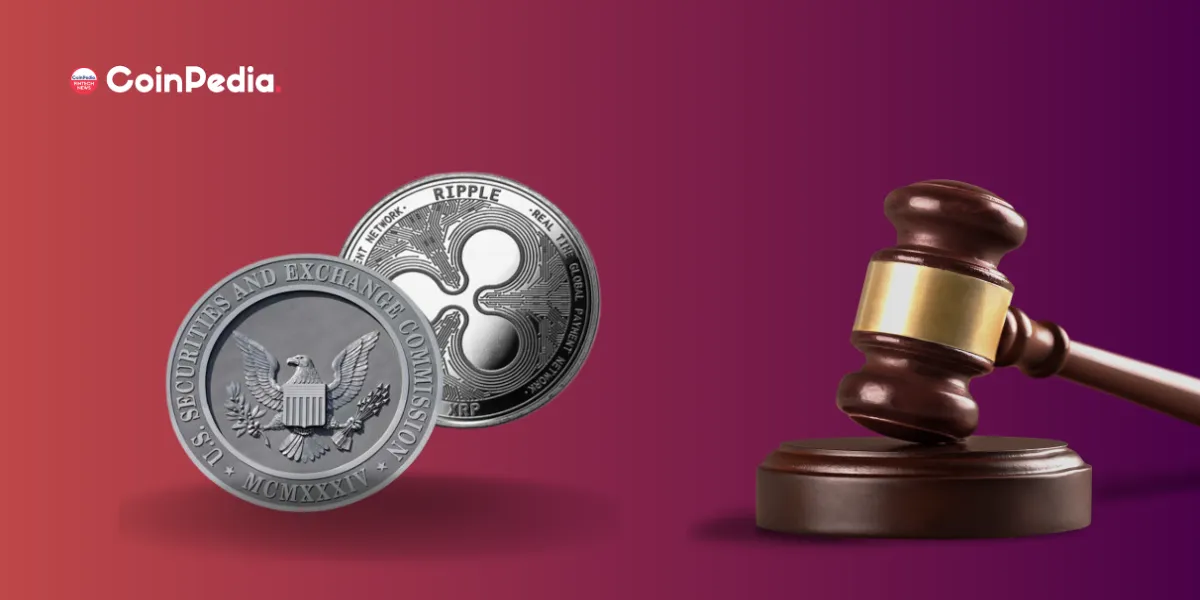In a recent series of tweets, Bill Morgan, a digital asset enthusiast, and lawyer, expressed his concerns about the Securities and Exchange Commission’s (SEC) stance on Ripple’s XRP sales. Morgan argues that the SEC’s attempts to categorize all XRP tokens as investment contracts face a significant hurdle when considering a “small subset” of sales made to On-Demand Liquidity (ODL) customers.
XRP fails to qualify as a security
“They just don’t seem to fit any part of the Howey test. No investment. Even the SEC alleges they are dealt with by ODL customers immediately. No expectation of profit because they are being used as a bridge, not held. No common enterprise.”
Morgan highlights that the sales to ODL customers do not appear to meet the criteria set by the Howey test, a legal framework used to determine whether an investment qualifies as a security. He points out that these sales do not involve investment intentions, as ODL customers use XRP as a bridge currency and promptly convert it. Additionally, there is no common enterprise, as ODL users are merely customers utilizing a product.
This poses a challenge for the SEC, as considering these sales as exceptions would undermine their argument that all XRP is a security or represents an investment contract. The notion that XRP itself is security collapses, as all XRP tokens are fungible.
Also Read: Secret Ripple-SEC Discussions Exposed: Will XRP Lawsuit Take A U-Turn? – Coinpedia Fintech News
Morgan’s Arguments
Morgan points out two other exceptions that challenge the SEC’s argument: the giveaways of XRP to early adopters and developers, as well as donations to charities. The SEC has made no claims regarding these transactions, indicating that those XRP tokens were not considered investment contracts.
However, the SEC’s assertion that all XRP tokens are fungible creates a predicament. As Morgan explains, if some XRP tokens given away, gifted, or sold to ODL customers are not investment contracts or securities, then it logically follows that all other XRP tokens, which are fungible with them, cannot be considered securities either.
Morgan Divulges His XRP Holdings
In a separate tweet, Morgan clarifies that the XRP he owns were some of those initially given to early adopters or gifted to charities, which the SEC does not allege as investment contracts. He asserts that his XRP holdings, although fungible with other XRP tokens, are unequivocally not securities, attributing his ownership to fortunate circumstances.
